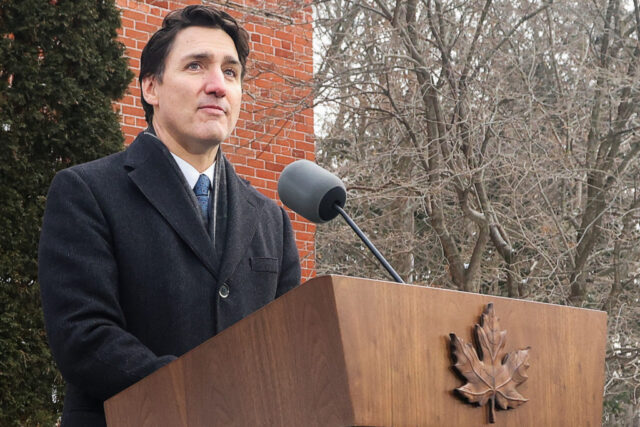Amna Nawaz:
Trudeau will remain prime minister until the new Liberal leader is selected by the end of March, as his party prepares for a formidable challenge in the next election later this year.
I’m joined now by Professor Roland Paris. He’s director of the graduate school of public and international affairs at the University of Ottawa and a former senior adviser on foreign policy to the prime minister of Canada.
Professor Paris, welcome.
So we should say there have been signs. This was coming for months, but help us understand why this is happening now and was his resignation, in your view, inevitable?
Roland Paris, University of Ottawa: I think it was heading in this direction for some time.
This is a story of a government and a prime minister who’s been in power for nearly 10 years. Canadians are very clearly tired of him. Polls turned decisively against him about 18 months ago. He tried and his team tried everything they could to try and reverse that trend. But with the prospect of an election in 2025 and what looked like an almost inevitable crushing defeat in that election, as you mentioned in your intro, members of his own caucus and his own party called for him to resign and to be replaced by someone else.
And that’s what he did today.

















































